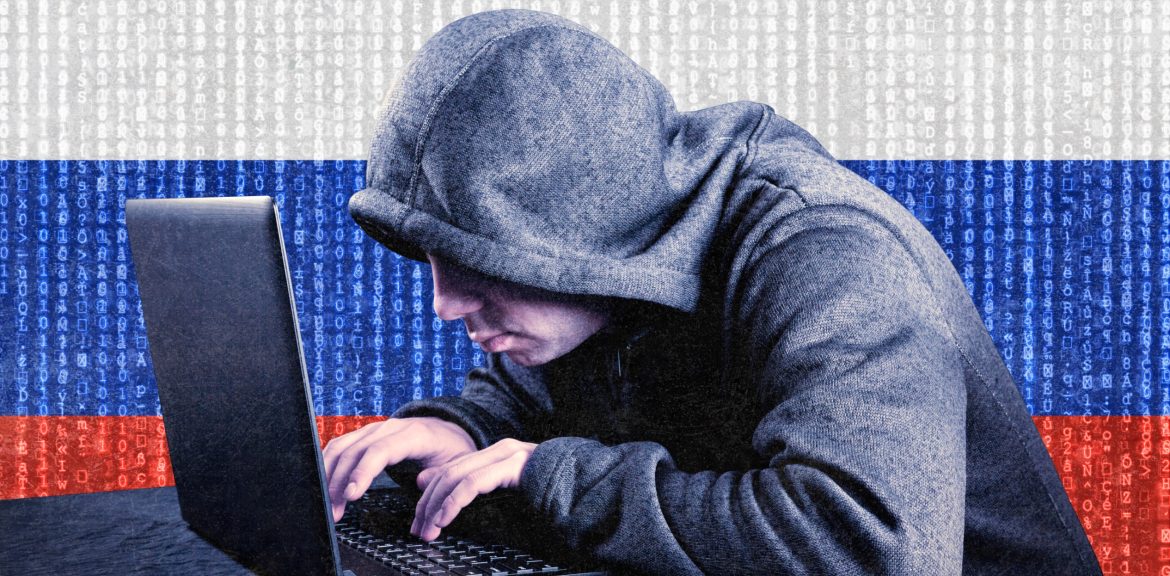In a shocking turn of events, Microsoft has revealed that a Russian intelligence group has successfully accessed the email accounts of some of the software giant’s top executives. This breach, carried out by Nobelium, the same group responsible for the infamous SolarWinds hack, has once again highlighted the ever-looming threat of state-sponsored cyberattacks. With tensions escalating between Russia and Ukraine, the hack serves as a stark reminder of the vulnerability of our digital infrastructure during times of armed conflict. Microsoft’s disclosure also comes at a crucial time as new U.S. regulations require companies to report cybersecurity incidents promptly.
The Breach
Microsoft detected the breach last week and promptly released a regulatory filing detailing the incident. Although the company assured that there was no material impact from the attack, it believes in honoring the spirit of the new disclosure rules. The Cybersecurity and Infrastructure Security Agency (CISA) is working closely with Microsoft to gather further insights into the breach and ensure the protection of potential victims.
Nobelium gained access to a small percentage of Microsoft’s corporate email accounts, including those belonging to senior leadership members. Microsoft clarified that there is currently no evidence of customer data, production systems, or proprietary source code being compromised. However, the breach leaves lingering concerns about the potential consequences had the attack been carried out with more significant intentions.
Nobelium: A Persistent Threat
As per the U.S. government and Microsoft, Nobelium is considered a part of the Russian foreign intelligence service SVR. The group was responsible for the SolarWinds attack, one of the most significant breaches in U.S. history, where malicious code was added to SolarWinds’ Orion software, affecting multiple government agencies and organizations. Microsoft, too, fell victim to the hack. Notably, Nobelium has a history of attempting to breach the systems of U.S. allies and the Department of Defense.
The sophistication of Nobelium’s operations is evident, as it has also been implicated in the breach of the Democratic National Committee’s systems in 2016. Microsoft has assigned the group various names, including APT29, Cozy Bear, and Midnight Blizzard. These incidents highlight the continuous efforts of state-sponsored hacking groups to exploit vulnerabilities and gain access to sensitive information.
The Broader Picture
This recent breach is not an isolated event, nor is Microsoft the only company targeted by such attacks. In the past, Chinese-aligned hackers exploited a vulnerability in Microsoft’s software to gain access to email accounts of senior government officials, emphasizing the need for robust cybersecurity measures across industries. The consequences of inadequate security practices can be severe, as demonstrated by the breach ahead of a critical U.S.-China meeting.
Conclusion
The breach of Microsoft executive emails by a Russian intelligence group is a stark reminder of the constant threats faced in cyberspace. State-sponsored hacking groups continue to target organizations and governments alike, seeking to exploit vulnerabilities for their strategic gain. This incident should serve as a wake-up call for all companies and individuals to prioritize cybersecurity measures, ensuring the protection of sensitive information and critical infrastructure. As technology advances, so do the challenges we face, and it is crucial to remain vigilant and proactive in safeguarding our digital ecosystem.
